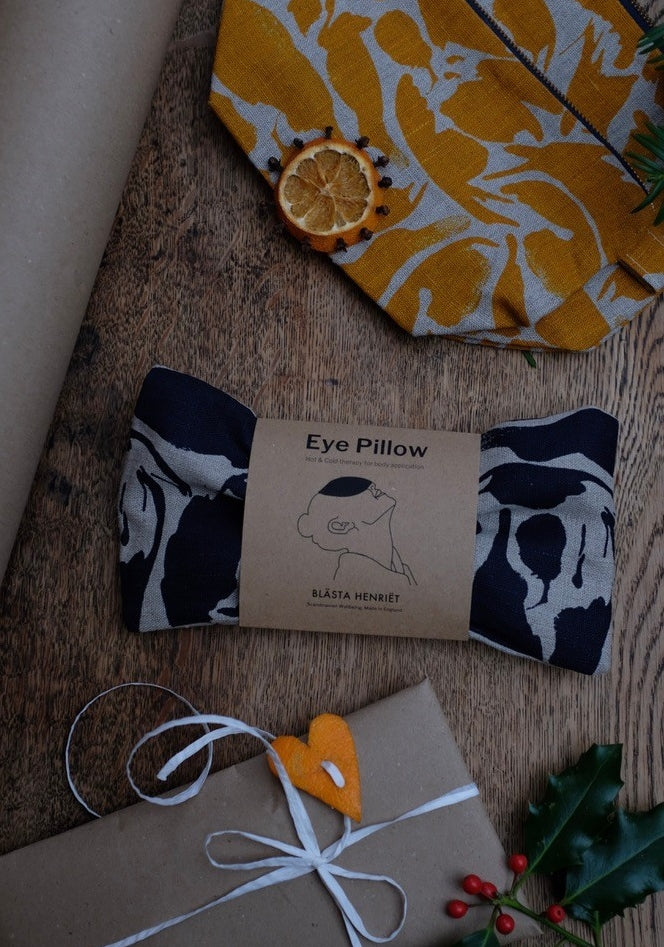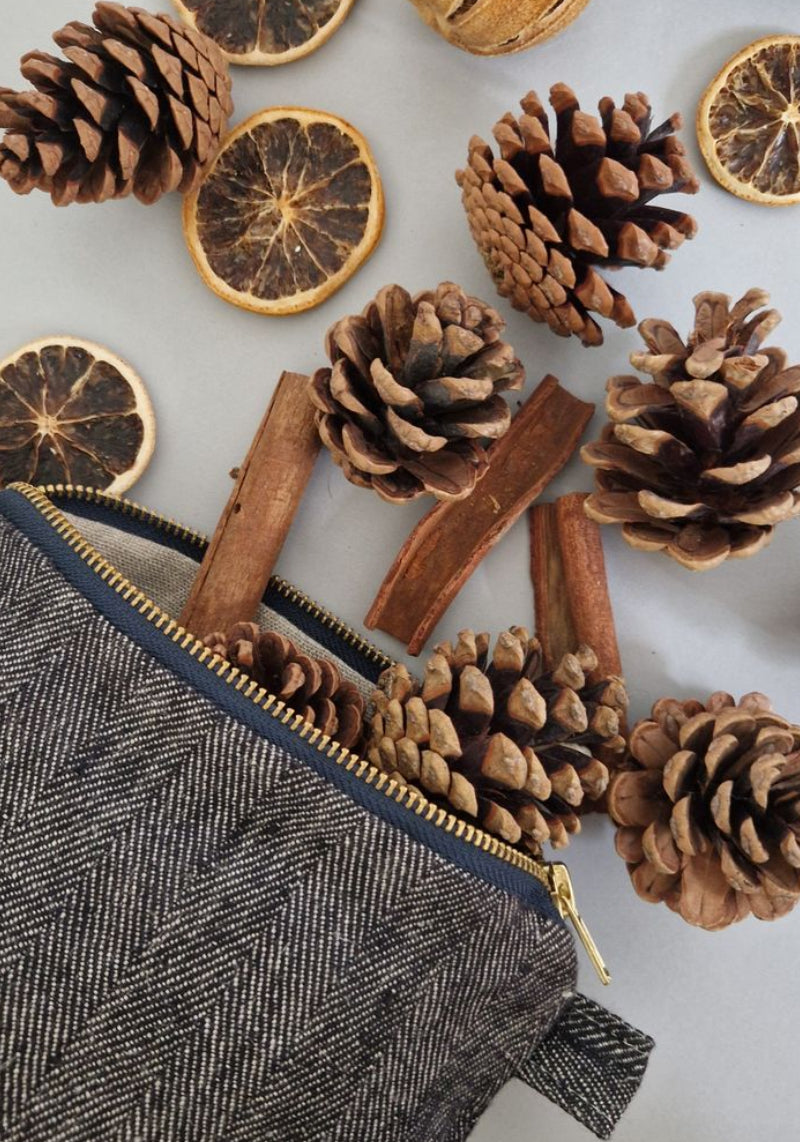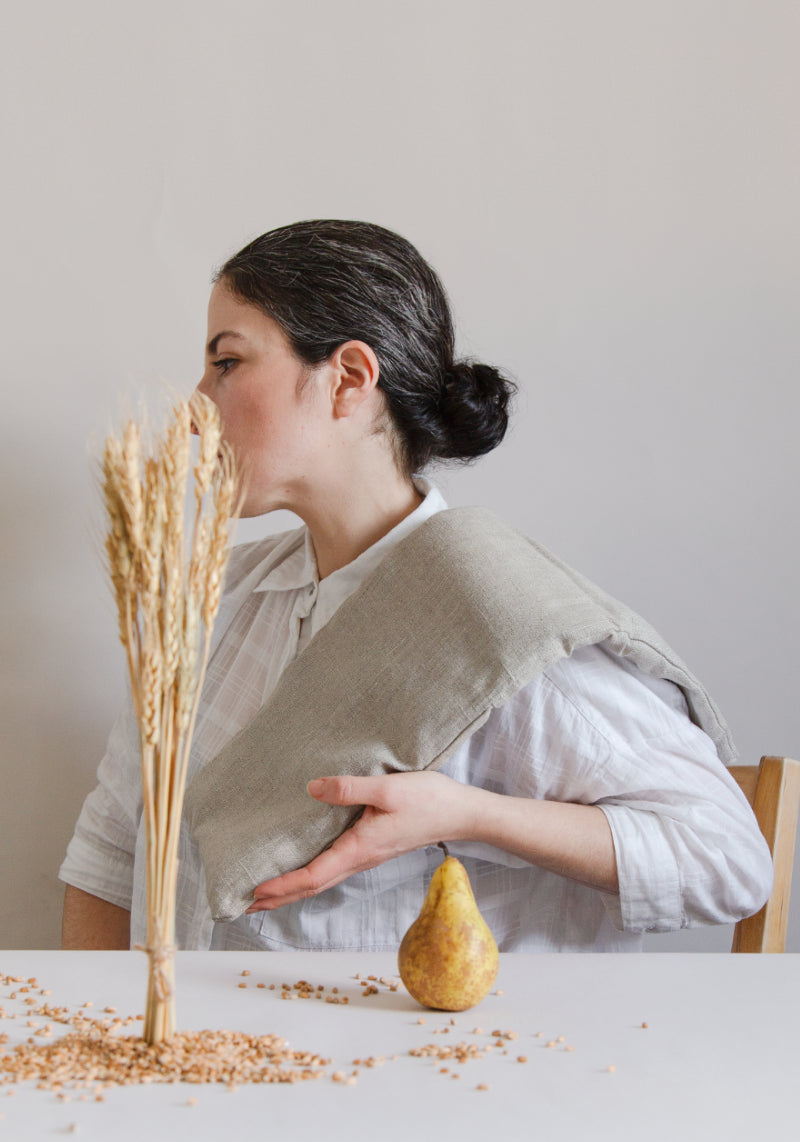How to Have a Sustainable Christmas

The festive period is a time of celebrating with friends and family, revelling in joy, love and giving. However, it has also become a time of excessive consumption and waste. This year, consider how to make your Christmas celebration more sustainable by making thoughtful choices. Making eco-friendly choices when gifting, decorating and even with the festive feast. Embracing sustainability can make for a greener holiday season and a happier planet.

Decorations
Christmas Tree – Real or Artificial?
The Christmas tree is the iconic centre piece to many holiday gatherings. When it comes to sustainable credentials, a real tree is better than a fake one. Artificial trees are often made from PVC and steel which means they cannot be recycled at the end of their life. Real Christmas trees however are specifically grown for purpose on dedicated Christmas tree farms. The growing trees absorb carbon emissions, clean the air and act as a temporary habitat for wildlife. Then when they are cut down for the festive season, more trees are planted in their place. When buying a real tree this year, it is better to buy directly from your local Christmas Tree farm. This helps to avoid unnecessary transportation and keeps the tree smelling piney fresh for longer!

Decorating the Tree
Deciding on your ‘style’ is a good place to begin. A traditional Swedish Christmas tree is hung with simple natural decorations and adorned with candles. It just takes a creative imagination to conjure up a fairy-tale worthy Christmas tree, adorned with eco decorations; such as corn dollies, wooden ornaments, dried strings of oranges and lemons and reused ribbon bows on branches. Beautiful glass baubles made from local artisans are also a wonderful option as they are made from a recyclable material.
Christmas Tree Disposal
For keen gardeners, pine trees can be composted, ideally using a chipper or shredder first to help speed up the decomposition. Once your compost/mulch is ready, you can spread it in the garden. You can also chop up the trunk into small logs to create bug hotels by drilling holes through the wood for the critters to hide. Nestle into the backs of flower beds or under trees to aid our beasty friends. If you have a wood burner you can also leave the wood to dry out and use it the following winter.
If gardening is not your thing, many Christmas tree farms offer a return scheme where they will compost it themselves, to aid the growth of future trees. Alternatively, check with your local council to see if they have a recycling scheme.

Gifting
Support Local Artisans and Makers
Conscious gifting is a concept that we feel passionately about. The idea of making a thoughtful selection for somebody, then consciously purchasing it from an independent business is a much more sustainable way of gifting. Supporting local artisans and small businesses helps local economies thrive. They also often have a smaller environmental footprint.
At Blästa Henriët, we maintain a short and transparent supply chain that enables us to easily oversee production methods whilst minimising our carbon footprint. Purchasing a gift from us this Christmas helps to support our independent business. The materials we use are all raw or natural, and certified free from chemicals and harmful dyes. All our deliveries are plastic free and we use recycled materials where possible. We also offer gift wrapping free of charge. To read more about our sustainability standards, read here on the journal.
Eco-Friendly Gift Wrapping
The joy of unwrapping a gift needn’t be wasteful. Traditional wrapping paper often contains non-recyclable material and is not biodegradable. But making a switch to eco-friendly wrapping alternatives like recycled paper, cloth, or even scarves make a big impact on reducing Christmas waste. You can reuse gift bags, ribbons and even create gift tags from last year’s Christmas cards too!

Festive Feast
Often the highlight of any Christmas is the festive supper. There are many ways you can make yours more sustainable this Christmas.
Choose Locally Sourced Ingredients
Opt for locally sourced and seasonal ingredients for your Christmas feast. Not only does this support local farmers, but it also reduces the carbon footprint associated with transporting food long distances. Visit your local farmers' market or farm sho for fresh, seasonal produce.
Vegetarian or Vegan Options
Traditionally, Christmas dinner is punctuated by the meaty dishes on display, however, it is worth considering incorporating more vegan and veggie dishes into your festive spread. Plant-based options have a lower environmental impact compared to diary and meat products. There are many scrumptious meat free alternatives, like nut roasts, stuffed mushrooms, or vegetable Wellington.
Minimise Food Waste
Food waste is an issue that most households encounter over Christmas. This can be minimised by carefully planning your festive menu. Make a detailed shopping list, store leftovers, and get the creative juices flowing with ideas and recipes that use leftover ingredients. Colcannon is a delicious dish to make use of leftover roasted potatoes and vegetables. Any food scraps that cannot be reused can be composted for another sustainable option.

Why is having a sustainable Christmas important?
The festive period often leads to increased energy consumption and excessive waste. By adopting sustainable practices, we can reduce our environmental impact and help preserve the planet.
Celebrating Christmas in a sustainable way sets a positive example for friends and family. It can inspire others to make eco-friendly choices in their own celebrations and daily lives. Christmas is full of traditions and so maybe we can ensure that prioritising sustainability can become part of the cherished holiday traditions for generations to come.




